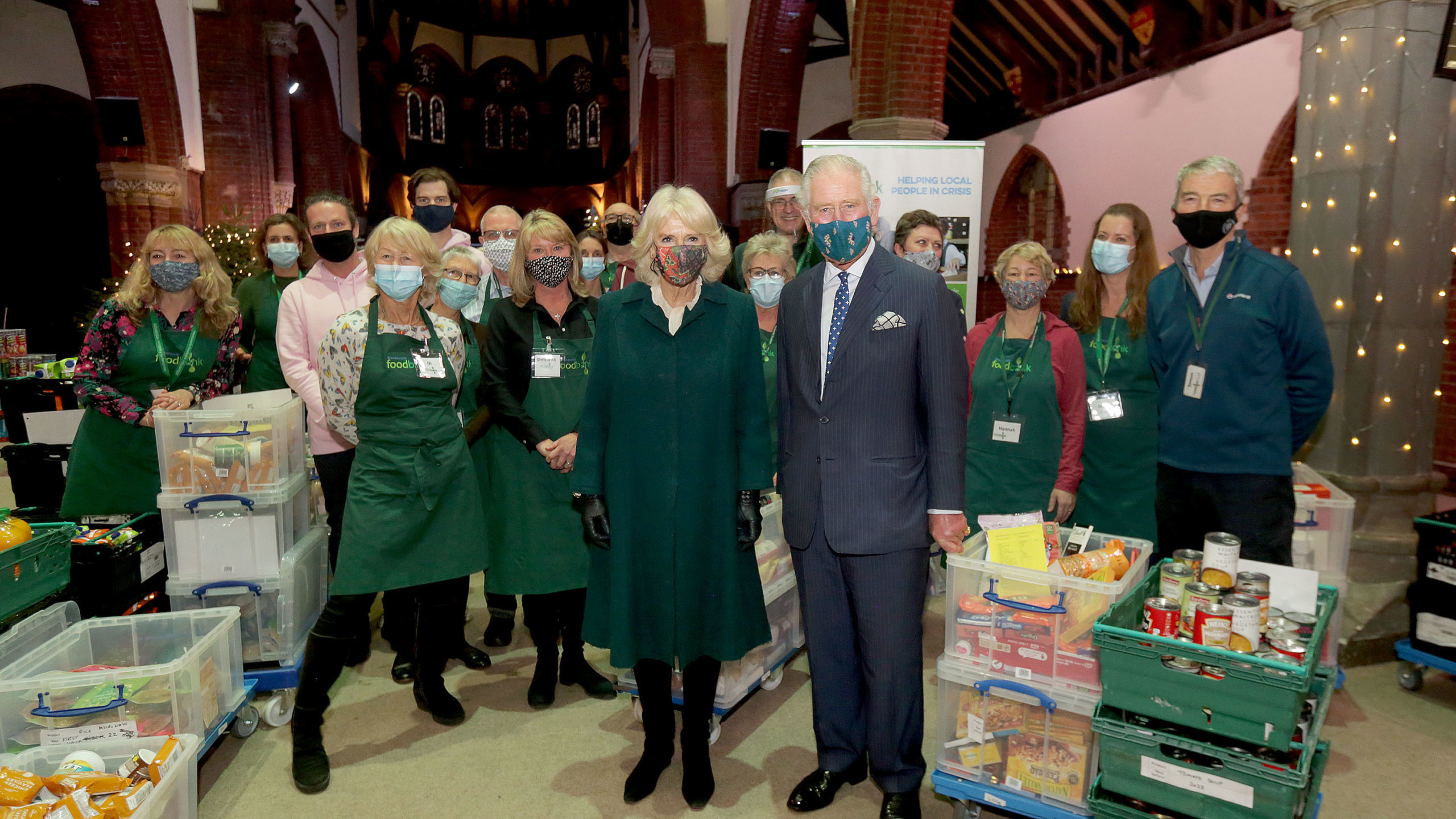The closure of some food banks to mark the Queen’s funeral should not be the main concern. It is a concern, of course, for those who rely on food banks. But the much bigger issue, the thing that should really get us angry, is that there are so many food banks at all, and that people need to rely on them. THAT is a shame on Britain.
In the months before he became king, Charles visited food banks at either end of Britain, notably in Wandsworth and another in Caithness. Around the time of his visit to the Wandsworth project the Trussell Trust revealed that their network of 1,300 food banks handed 2.5 million emergency food parcels to people in crisis over the last year. They are not the only food banks collective.
The visit of the future king came at a judicious time. The cost-of-living crisis has brought challenges to food banks. Many of them are seeing donations drop as people need to tighten their belts. There are cases of people who previously donated having to use the food banks themselves. The soaring cost of energy could force the closure of some. Charles’s visit and attendant publicity brought an uptick in donations for a while. But that doesn’t deal with the core problem. We have normalised the need for food banks so much that we barely blink when they are discussed. And we get angry when they have to close.
There are now food banks in schools. And it’s not just pupils who need them. Teachers too are struggling. Now, there are local authority plans for ‘warm banks’ this winter – public spaces with heat in them for people without money, or fearful of spending it, to heat their own homes. Community cohesion and group action to help those without is to be applauded, but this is not that. This is symptomatic of much larger systemic problems and, again, the normalisation of the need for such spaces is shocking.
- How you can find and donate to a food bank near you
- Food poverty in the UK: The causes, figures and solutions
- See what it’s really like inside a food bank with our series ‘Diary of a food bank manager‘
A lot of the debate around the new King Charles’s accession has been about how much of an interventionist he will be. Will he be like the late Queen and never, publicly at least, make feelings known about politics and public policy? Or will he remain as vocal as he has been in the past?
There has been deep analysis of flashes of King Charles’s irritability when signing official documents – mostly around inkstands and leaking fountain pens. Too much can be read into that. More interesting is some of the other things that have happened and how that may have major constitutional impact. While Charles has not overtly stated he’d be less interventionist than in his earlier days, he intimated strongly in his first address as king that this would his direction. However, there have been signs of soft diplomacy.









